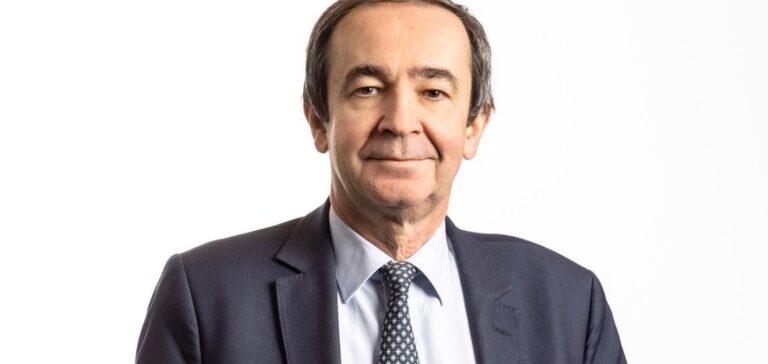The French State has selected Bernard Fontana to succeed Luc Rémont as Chairman of Électricité de France (EDF), a company fully owned by the government. Aged 64, this graduate of École Polytechnique and the École nationale supérieure de techniques avancées (ENSTA) has built his career within energy-intensive industries, which are facing mounting global competition. He is also deeply familiar with the technical and economic issues of nuclear energy, a cornerstone of France’s energy recovery strategy.
A profile shaped in heavy industry
Born in Tamatave, Madagascar, Bernard Fontana began his career in 1987 at the Société nationale des poudres et explosifs (SNPE), which specialises in the propulsion of civilian and military ballistic devices. He rose to the position of Deputy Chief Executive Officer, responsible for the chemical division. From 2004 to 2012, he joined steelmaker ArcelorMittal where he led the human resources division, before assuming the role of CEO of the Swiss cement company Holcim. There, he oversaw the merger with French firm Lafarge—an emblematic operation in the sector.
A central figure in EDF’s nuclear strategy
Since 2015, Bernard Fontana has served as the head of Framatome, EDF’s subsidiary responsible for designing and commissioning nuclear reactors. His tenure focused on the company’s recovery after losses linked to failed investments and the post-Fukushima crisis. In March 2024, during EDF’s nuclear division restructuring, he also took charge of the group’s “Industry and Services” division, becoming a key figure within the evolving industrial apparatus.
A strategic position at the intersection of tariffs and industry
The appointment comes as EDF is engaged in protracted negotiations with industrial clients to establish long-term electricity pricing agreements. Bernard Fontana is well acquainted with the demands of energy-intensive sectors such as steel, chemicals, and construction materials, all exposed to price volatility and extra-European competition. His background may support a closer alignment between national industrial policy and EDF’s energy supply commitments.






















